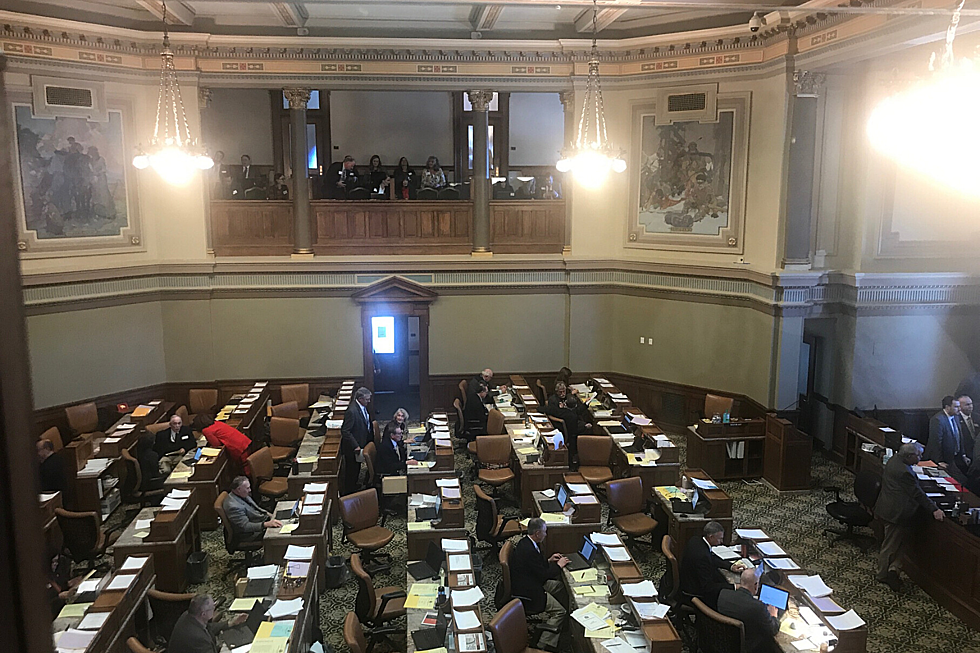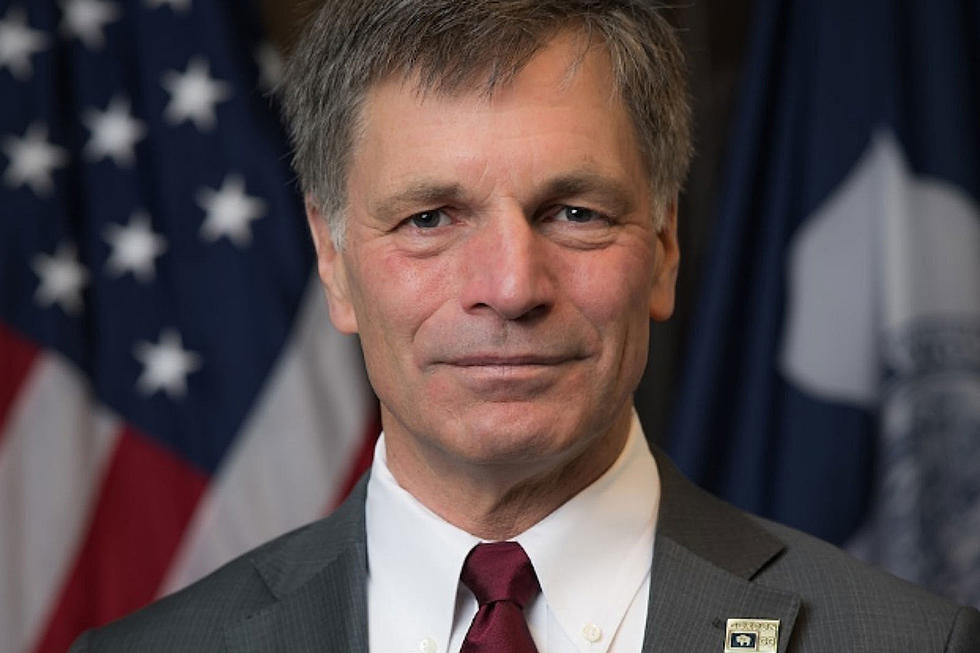
University of Wyoming Aims to Cut $15 Million from 2018 Budget
The Financial Crisis Advisory Committee recently formed at the University of Wyoming recommends cutting $15 million throughout the university from the 2018 fiscal year budget based on current budget allocations.
UW President Laurie Nichols told the Board of Trustees on Wednesday that she endorses the approach due to the possibility that budget-cutting measures for the 2017 fiscal year will fall short of the $19.3 million target.
The state's only public, four-year university faces a loss of nearly $41 million in state funding for the biennium that began July 1.
"The committee feels strongly that, in order to meet the $41 million reduction for the biennium, the university must take steps now to reduce spending by $15 million in the 2018 fiscal year," says committee chair and longtime UW statistics professor Stephen Bieber. "We believe all units of the university must participate, with the exception of funding for student scholarships, utilities and the university police department."
The committee's recommendation includes the following budget reductions for fiscal year 2018 from fiscal year 2017 levels:
- Academic Affairs, $9.5 million
- Division of Administration, $1.5 million
- Athletics, $1.2 million
- Information Technology, $1 million
- Student Affairs, $970,000
- Office of General Counsel, $215,000
- President's Office: $190,000
- UW Foundation, $175,000
- Office of Research and Economic Development, $150,000
- Governmental and Community Affairs, $100,000
Individual units will be asked to report to the committee on how those cuts would be made and the impacts those cuts would have. The committee plans to discuss that reporting process and possible guidelines at its Friday meeting, beginning at noon in Room 506 of Coe Library.
Nichols and the committee are planning for a town-hall meeting later this month to update the UW community and explain their approach.
Estimated savings as a result of actions approved by Trustees in June were the basis for the $19.3 million target. The largest savings came from the elimination of at least 70 vacant positions across campus, reducing spending by an expected $5.2 million.
Standardization of faculty teaching loads and severe limitation of temporary faculty appointments are expected to save $2.5 million; retirement ans separation incentives for longtime employees will save roughly $3 million; not allowing part-time positions to be benefited between half-time and full-time will save about $1.5 million; and eliminating overtime and overload pay will save at least $100,000.
Those cuts are on top of $7 million in reductions made as a result of the 1.5 percent cut mandated by the Wyoming Legislature during this year's budget session.
Nichols says the retirement and separation incentive may generate less savings than estimated, and the savings from the standardized teaching load is uncertain. Because of that, the committee voted to target $15 million in cuts for fiscal year 2018, a significant increase from its initial estimate of $10 million.
The results of program reviews currently underway will be given the most weight in determining which academic programs and positions will be eliminated. Programs being looked at are those with fewer than 25 graduates over a five-year period as well as master's degree programs with fewer than 15 graduates over five years. Programs with 25-50 graduates in five years as well as master's programs with 15-25 graduates in the same time period will also be reviewed.
The review, initially focused on programs with low demand, will also take into account program quality and centrality to the university mission. Possible outcomes of the review include retention due to critical need, retention with further review at a later time, consolidation or termination.
Huron Consulting Group is looking for cuts within UW's administrative functions. Specific non-academic program reductions will be based largely on that review.
The timeline for presentation of a plan to the Board of Trustees to cut the fiscal year 2018 budget has been postponed while the reviews continue. Nichols expects to present a preliminary plan to the committee by Oct. 4, which the committee will review and in turn present to the campus for comment by Oct. 11.
That comment period will wrap up Nov. 1 and the committee will present the revised plan to Nichols by Nov. 8. Nichols is scheduled to make her final recommendation to the Board of Trustees at its Nov. 17 meeting.
At that meeting, Nichols also plans to present a proposal for additional revenues in the 2018 fiscal year.
More From Laramie Live









